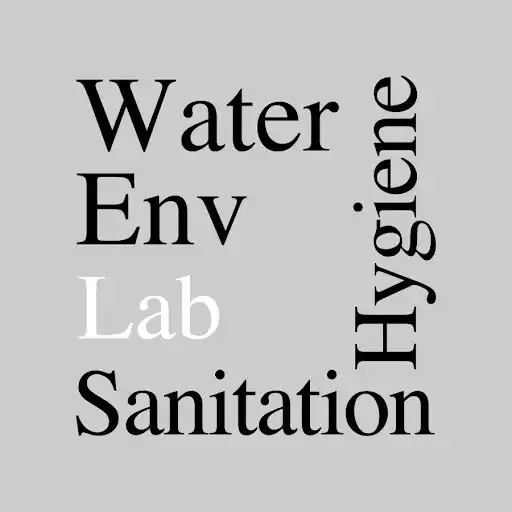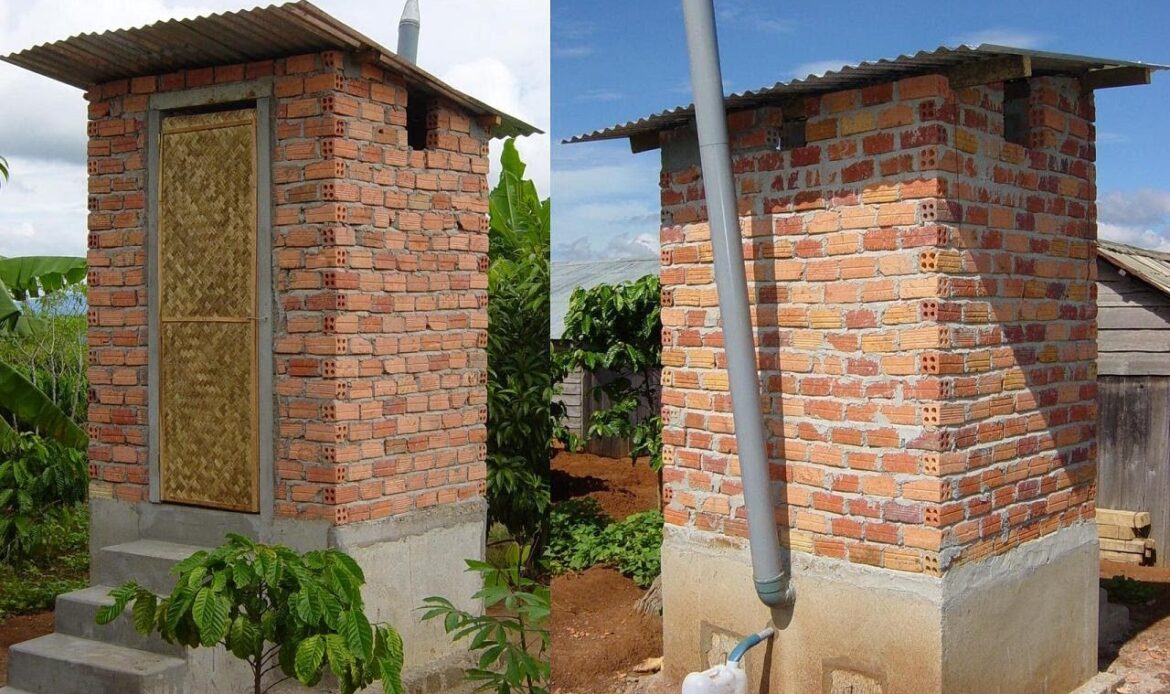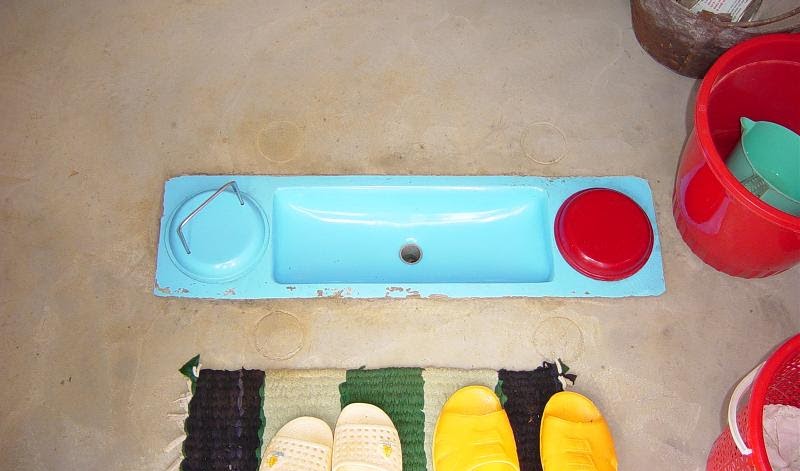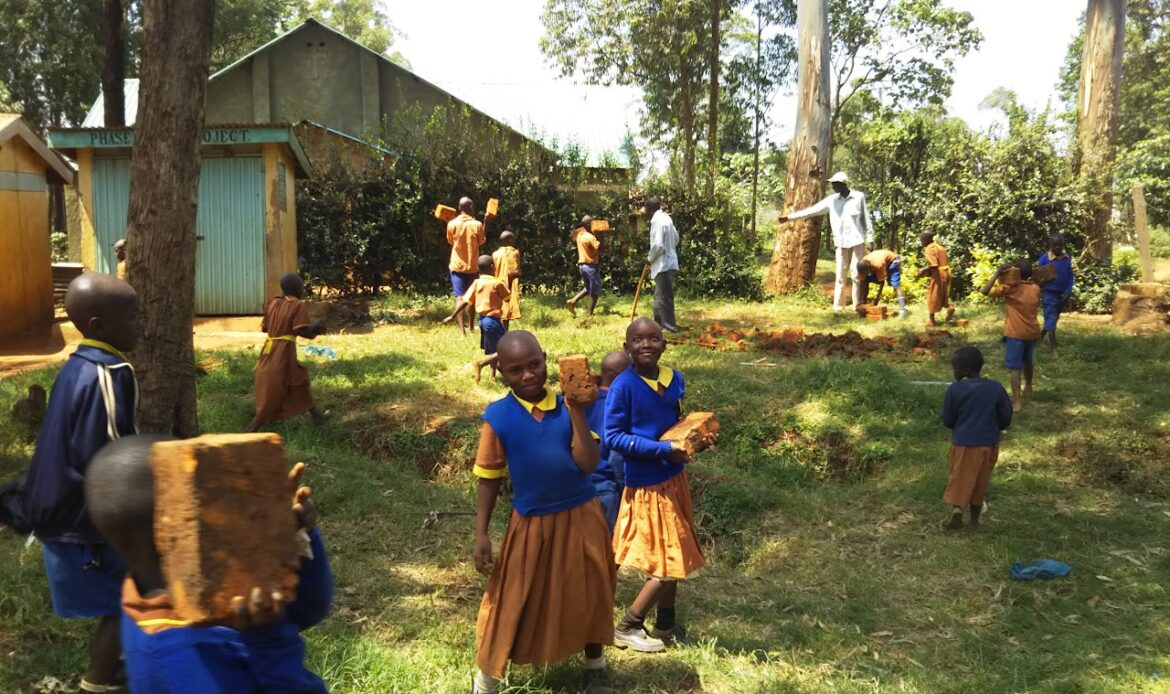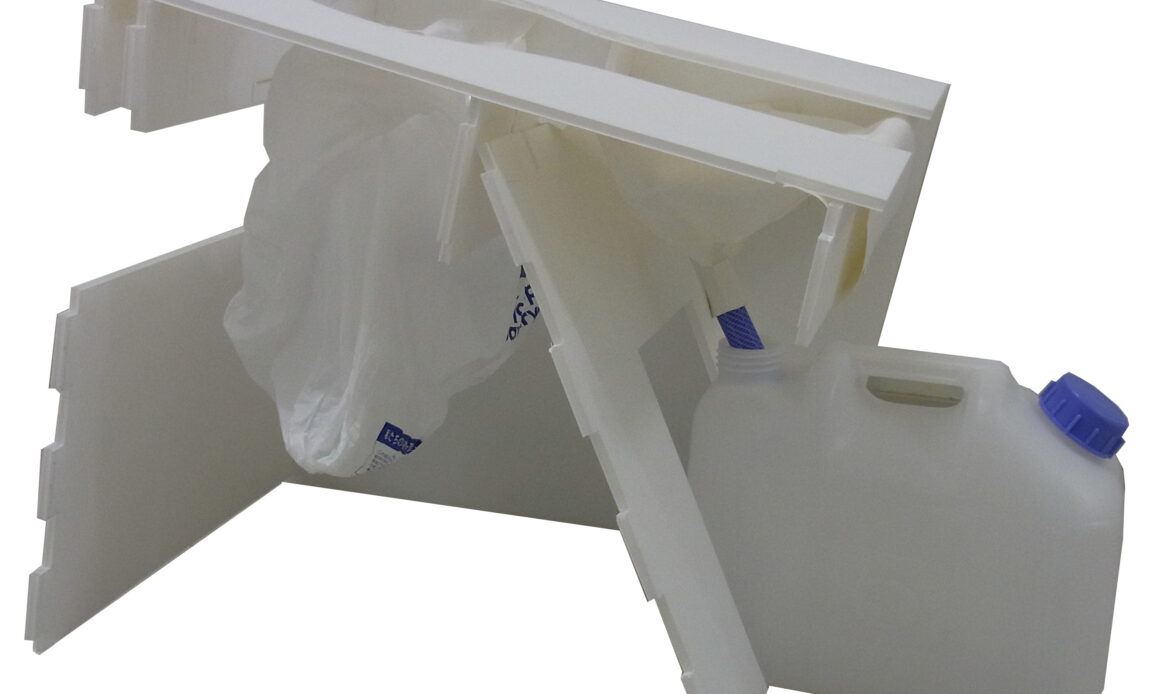Harada lab
Research Outline
Resources-oriented dry sanitation
Improving sanitation is, in essence, a challenge to the spread of toilets/latrines. Considering the world’s water scarcity and food security, the role of resource-oriented dry toilets, which can use human wastes for agricultural purposes without using water, is one of promissing ways.
Based on the concept of ecological sanitation, which is an approach that aims at both agricultural use of human waste and improvement of sanitation, our research group has focused on the Urine-Diverting Dry Toilet (UDDT), in which urine and feces are handled separately for efficient treatment and utilization. While most of the nutrients in human waste are contained in urine, urine excreted by healthy people contains almost no pathogenic microorganisms, and most of the pathogenic microorganisms in human waste are excreted in feces.
Together with research on the development of UDDTs, sanitization of human waste, and resource recovery, we are involved in the introduction projects of UDDTs to Asian and African countries in collaboration with NGOs.
Acceptablility of UDDTs in rural Africa
We have demonstrated the effectiveness of the ash treatment in UDDTs by confirming that the spraying of ash with high alkalinity on feces effectively suppresses odor and flies and that the spraying of ash inactivates pathogenic microorganisms in feces by inactivating roundworm eggs in a test.
In addition, we are conducting research on the acceptability of UDDTs by tracking the status of a large-scale UDDTs installation project of about 1,000 units in Malawi by an NGO. The study has shown that even in areas where there is no culture of excreta use, the value of feces was highly recognized and feces use was widely accepted after the introduction of UDDTs. Still, there are some challenges. Urine use was less accepted. A certain number of users stopped using latrines after major breakdowns. Autonomous diffusion of UDDTs was not observed.
At present, we are conducting a practical study in a rural village in Africa (Malawi) to achieve both autonomous diffusion of toilets and sanitary use of human waste by UDDT. While actually introducing newly designed UDDTs to the field on a trial basis, we will examine how toilets with excerta use can be in Sub-Saharan Africa.
Development of a Portable Urine-diverting Dry Toilet for Disaster Relief
In the aftermath of the Great East Japan Earthquake, we imported back to Japan the technology developed in rural areas of Asia and Africa that lacked such infrastructure. We worked on the development of portable urine-diverting dry toilets for use in disasters. We urgently developed a panel-assembled portable urine-diverting dry toilet, and three months after the earthquake, we distributed 54 units to the disaster-stricken areas, and later commercialized them. The series of activities won the Grand Prize (Grand Prix) at the Japan Water Prize, of which His Imperial Highness Prince Akishino is the Honorary President.
Harada lab
Related Research Project
- Improvement of Income in Agricultural Production by Using Underutilized Resources for Smallholders in Mzimba District of Malawi, JICA Partnership Program (Co-PI)
- Developing application method of organic amendments suitable for social-ecologcial settings of Semiarid Tropics of Africa, JSPS Grant-in-Aid for Scientific Research (B), April 2018–March 2022 (Co-PI)
- Ecosan toilet introduction activities as a part of the activities of Nippon International Cooperation for Community Development (NICCO)
- JST RISTEX "Urine diverting dry toilet enablihg sanitary measures of disaster areas and establishment of disaster resilient cities" May 2011–March 2012 (Co-PI)
